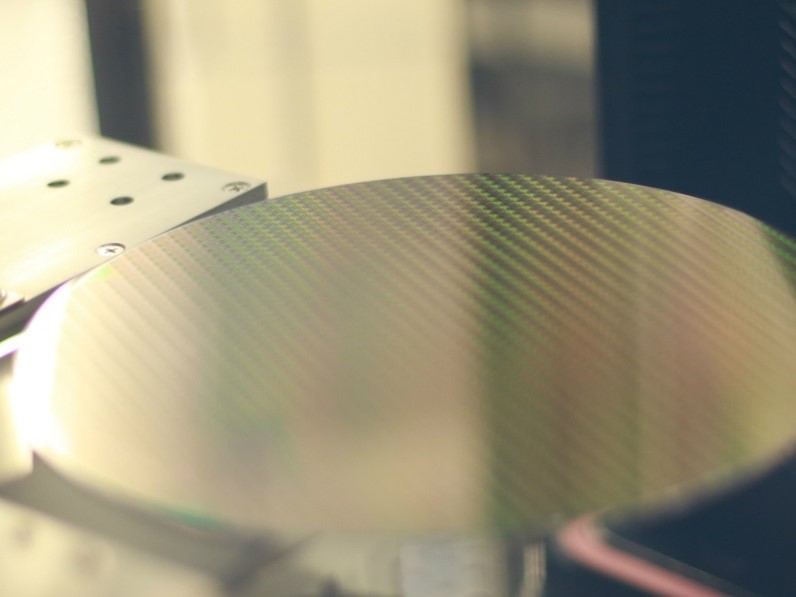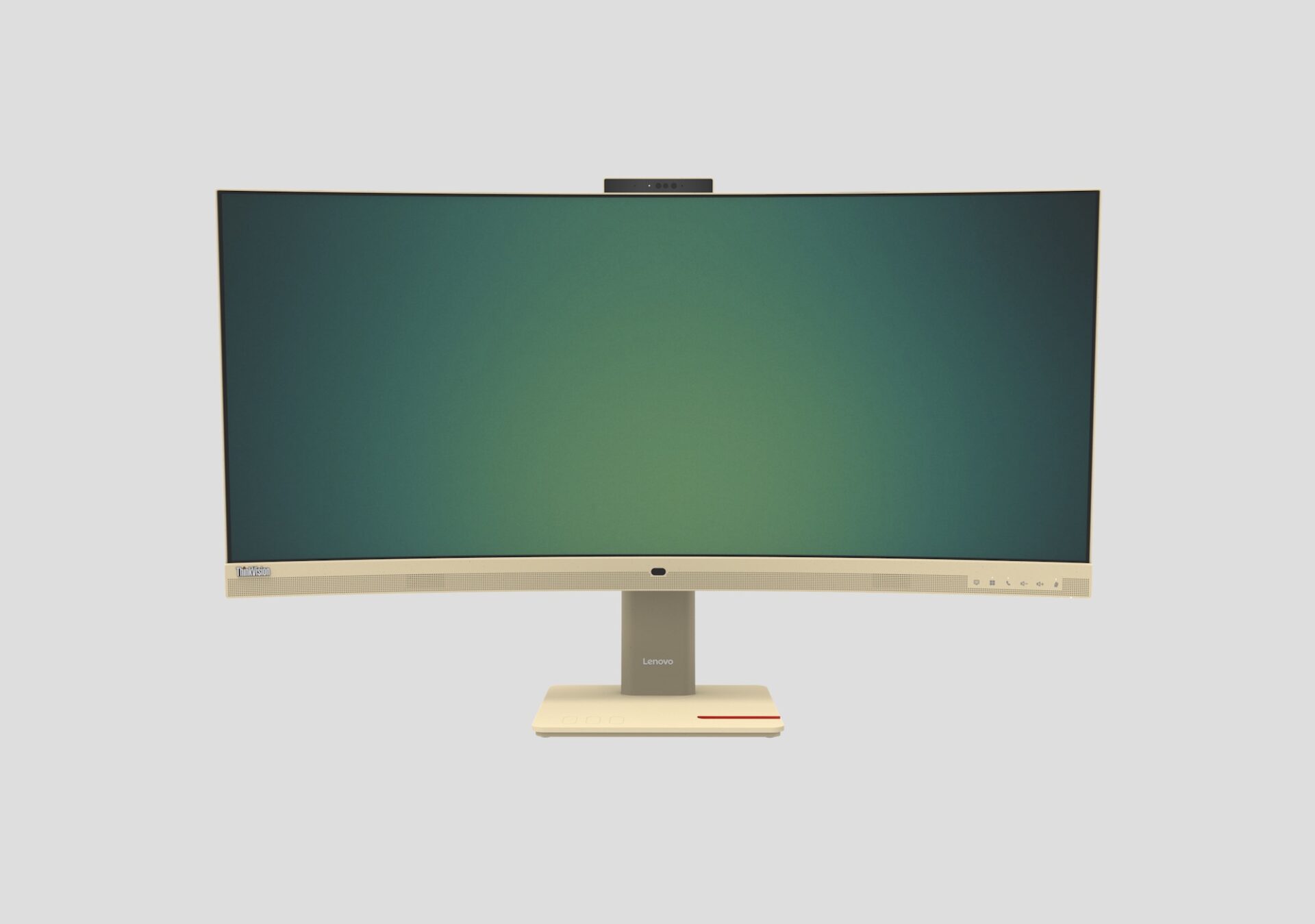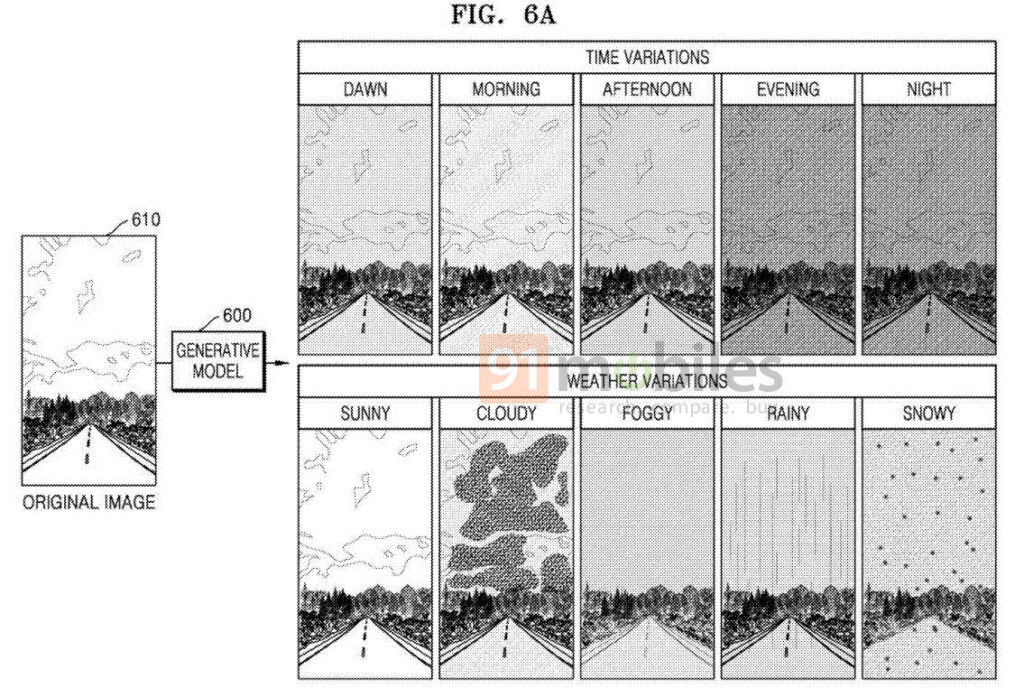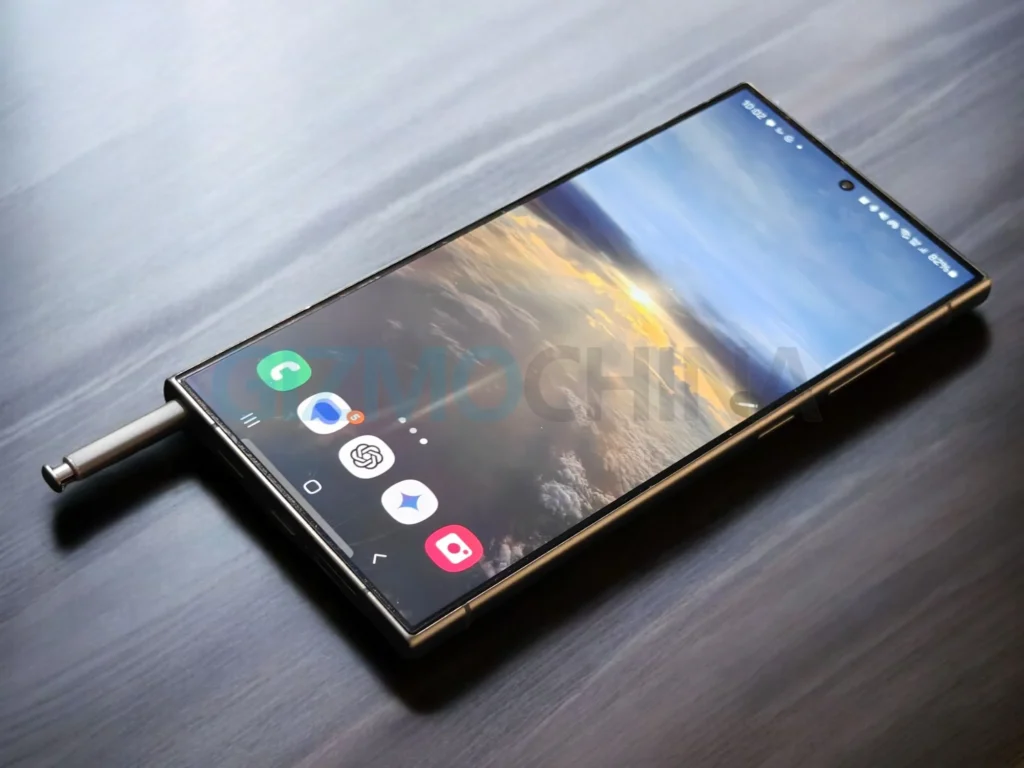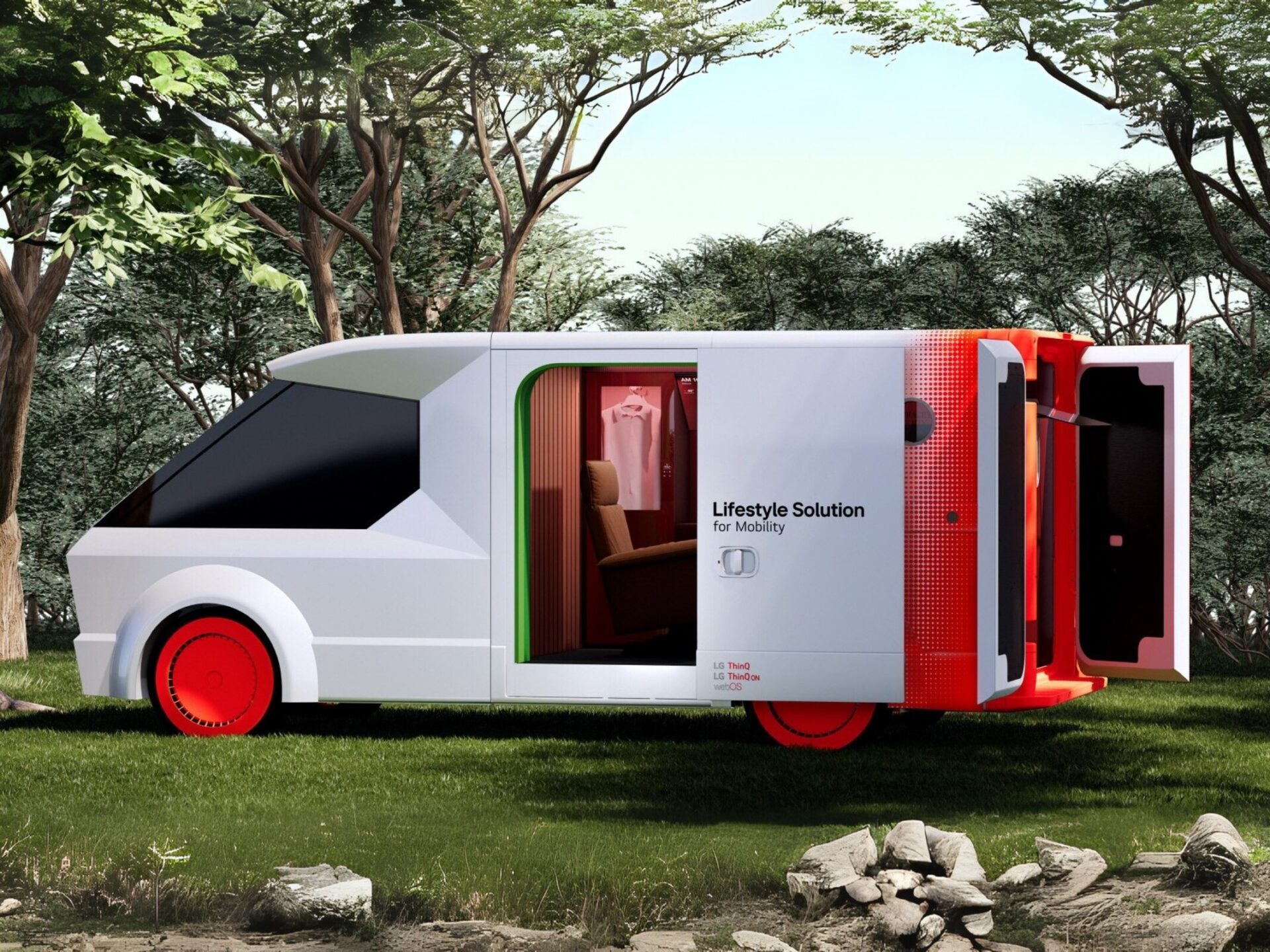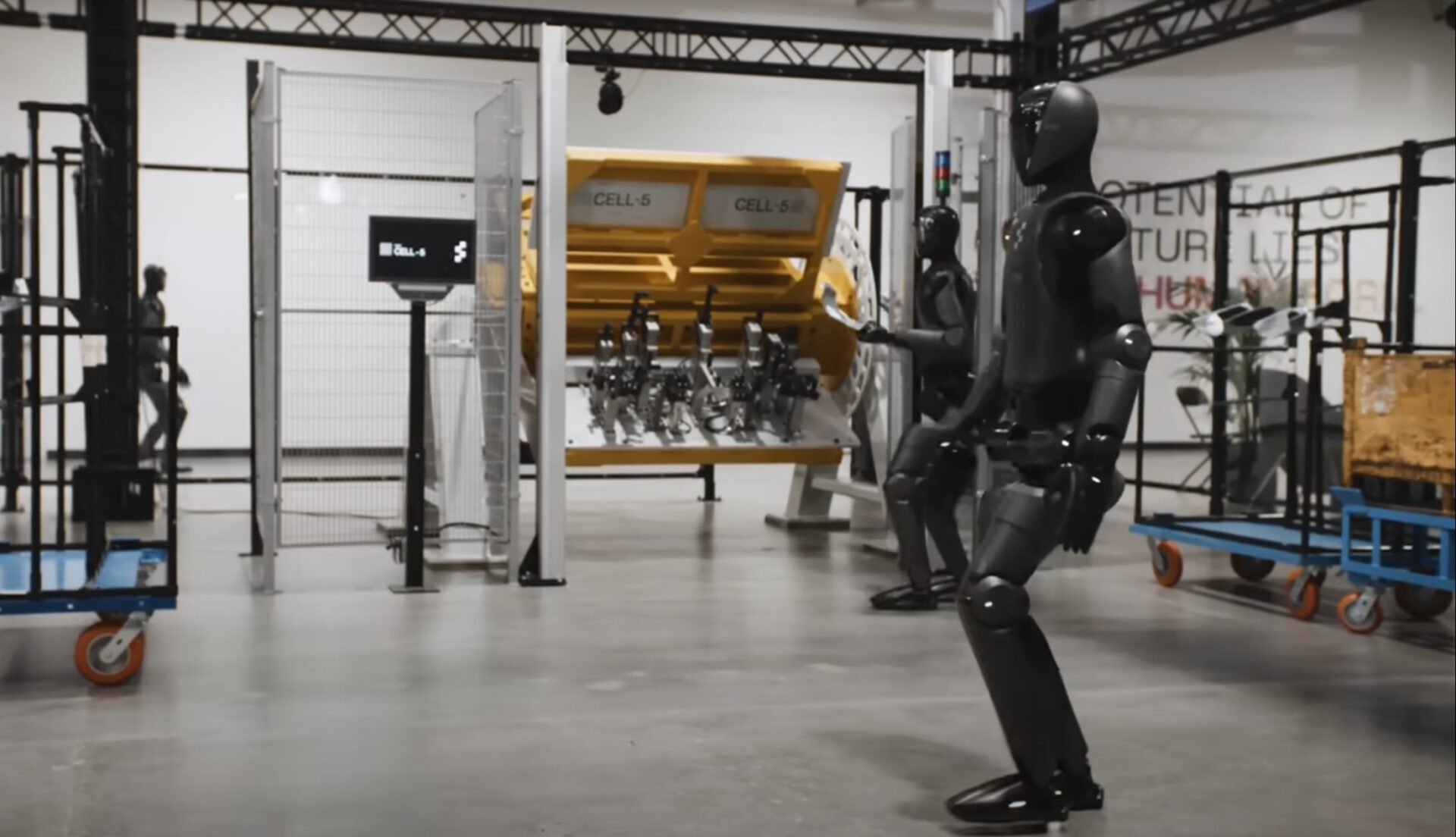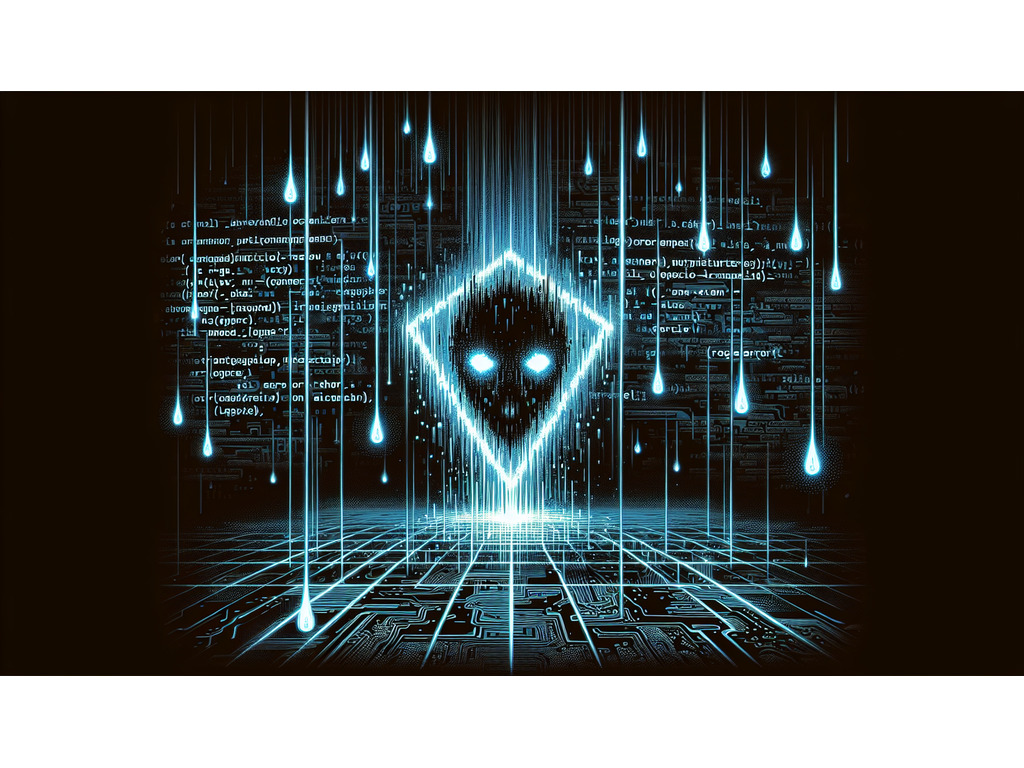Artificial intelligence is now deeply rooted in our daily lives, with many tech firms increasingly integrating AI features into their offerings. Known as Apple Intelligence, Apple’s AI primarily operates on devices like the iPhone, iPad, and Mac. However, the demand for RAM is rising more rapidly than Apple had originally expected.
RAM Growth Concerns
The company from California was aware that its local AI would eventually impact the RAM of its devices, but the speed of this increase took developers by surprise. At its launch in October, Apple Intelligence required 4 GB of RAM; it has since risen to 7 GB, as reflected in the latest system needs. If this trend continues (with a 3 GB increase over just two months), iPhones with limited RAM might soon find themselves in a tricky situation.
Possible Solutions and Limitations
In theory, one could address this issue by disabling certain features, but that option isn’t available right now. Users wanting to keep using Apple Intelligence will likely have to upgrade their smartphones at some point, which isn’t necessarily a bad idea considering older iPhones may not receive security updates anymore. Only highly demanding tasks are sent to Apple Secure Cloud servers, which are reputed to have robust security measures.
New Features and Future Plans
Interestingly, the increased storage needs have a silver lining: introducing new features and content has become easier. For instance, a new function called “Image Playground” was launched in December 2024, allowing users to create comic images, with the AI able to access their personal media library if they wish. New emojis can also be generated.
While Apple’s AI for the iPhone isn’t yet available in the European Union, a workaround exists, though it only provides limited functions. In contrast, Macs have supported Apple Intelligence since version 15.1. The company has announced plans to fully roll out Apple Intelligence in the EU by April.
Source:
Link


